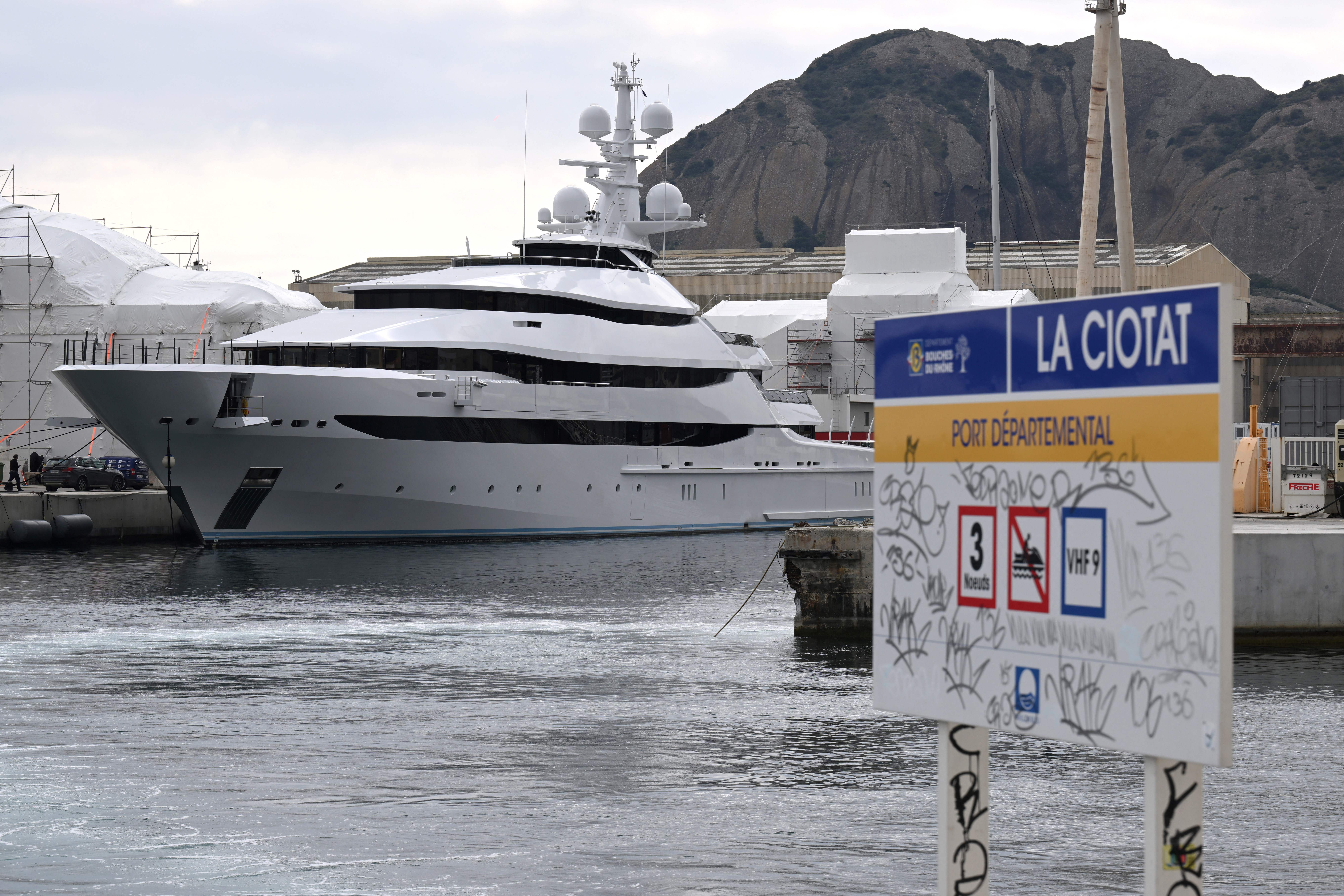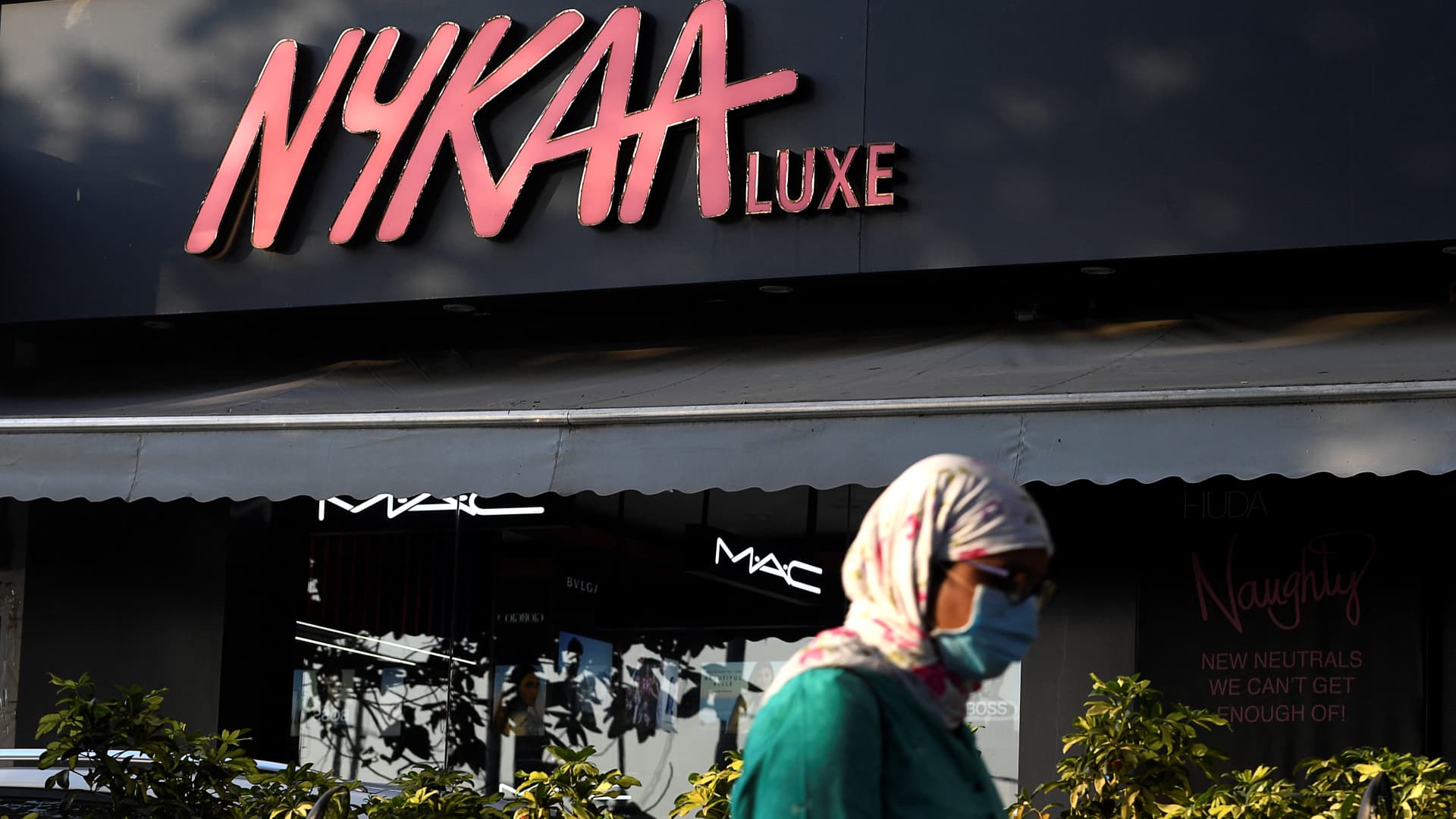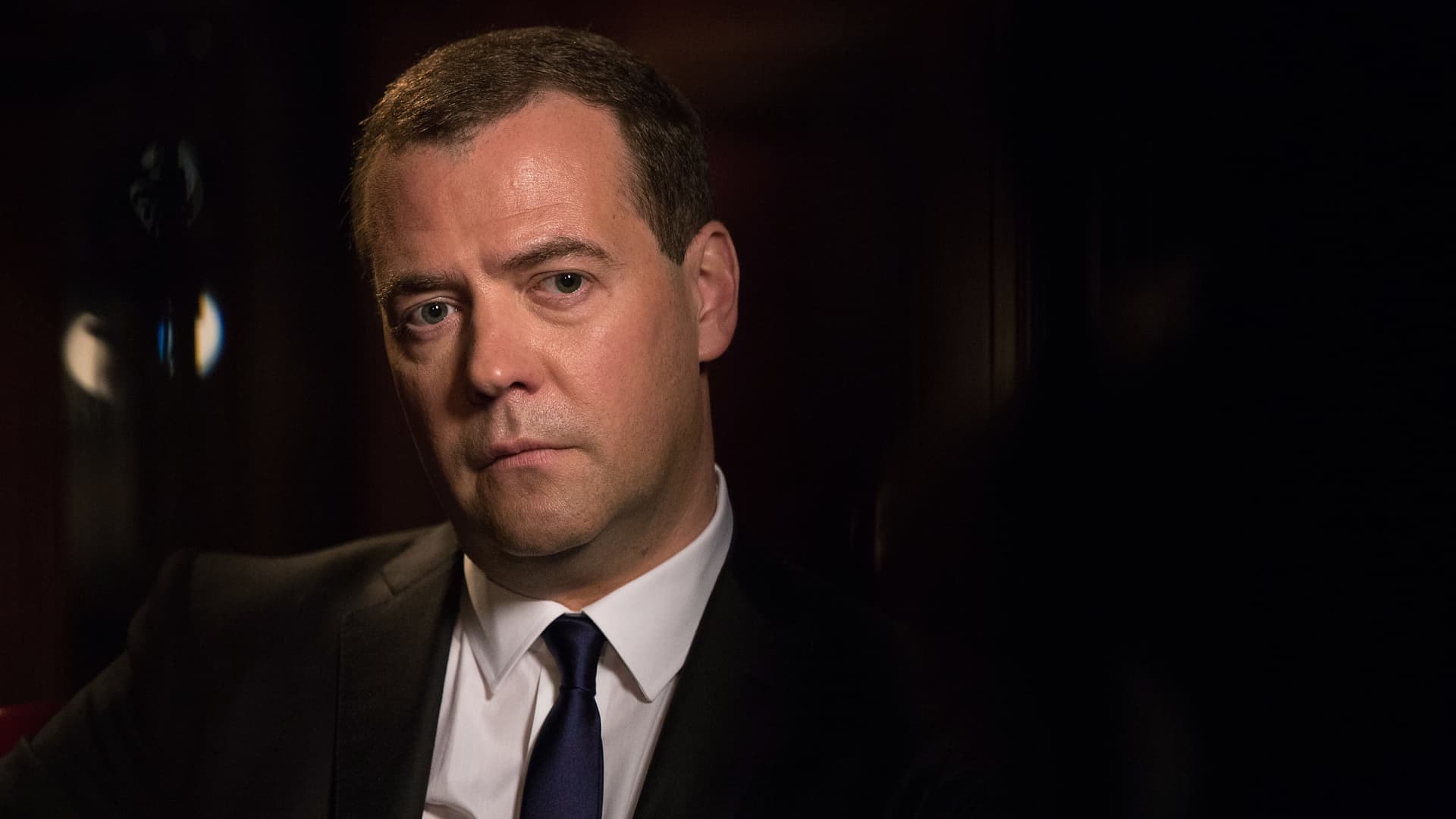European VCs urge tech start-ups to slash costs and extend the runway
European venture capitalists are advising start-ups in their portfolios to cut costs and freeze hiring as economists warn that another recession is inevitable.

skaman306 | Moment | Getty Images
European venture capitalists are advising start-ups in their portfolios to cut costs and freeze hiring as economists warn that another recession is inevitable. Their counterparts in Silicon Valley are doing the same.
Following a bumper 2021 that was full of IPOs and mega funding rounds, some of the most valuable start-ups in Europe are now laying off significant numbers of staff and drastically scaling back their expansion plans.
"The general advice is to extend [the] runway," Michael Stothard, an early-stage start-up investor at Firstminute Capital in London, told CNBC. That means they either need to cut their costs or try to raise more capital if they're able to, he added.
Nathan Benaich, a venture capitalist at Air Street Capital in London, said that the industry overall has been advising companies to be more conservative rather than encouraging the go-go plans of yesteryear.
"On my side, I think it makes sense to focus on what's working in the business today vs. planning longer term bets until we get a better read on the market," he told CNBC.
Fred Destin, founder of VC firm Stride, told CNBC that the advice being offered differs from start-up to start-up but generally he is urging entrepreneurs in his portfolio to cut costs where they can.
"Lower expected demand and slower funding markets really demand action" said Destin, who has led investments into European unicorns like food delivery service Deliveroo, property platform Zoopla and car retailer Cazoo.
Job cuts
There are signs that founders may be listening to their investors, who often hold seats on their board.
Swedish fintech giant Klarna, which became Europe's most valuable start-up last June when it was valued at $46 billion, announced last week that it is planning to lay off about 10% of its global workforce.
The buy-now-pay-later firm, which employs around 6,500 people worldwide, is reportedly looking to raise more money at a significantly lower valuation of around $30 billion.
There is a paradox in the fundraising space. Data from VC analysis firm Pitchbook shows that VCs have more cash than ever, yet they are scaling back their investments to see how the economic climate develops.
Oscar White, CEO and founder of travel tech platform Beyonk, told CNBC that this presents an issue for founders that raised money at high valuations during the Covid pandemic and are set to run out of cash in the next year.
"They are likely going to have to raise on a down round if we do go into a recession," White said, adding that the guidance for portfolio companies from many VCs is to focus on capital efficient growth and aim to have runway through 2024.
"I'm optimistic we will continue to raise and be able to invest in growth because investing won't completely stop," White said, adding that it will just become more competitive.
'Get through to the other side'
With tech stocks cratering through the first five months of 2022 and the Nasdaq stock market on pace for its second-worst quarter since the 2008 financial crisis, start-up investors are telling their portfolios that they aren't immune to the fallout.
Start-up incubator Y Combinator, which helped to create Airbnb and Stripe, said last week that companies have to "understand that the poor public market performance of tech companies significantly impacts VC investing."
"It will be a longer recovery and while we can't predict how long, we can advise you on ways to prepare and get through to the other side," Sequoia Capital, the iconic venture firm known for early bets on Google, Apple and WhatsApp, wrote last month in a 52-page presentation titled "Adapting to Endure," a copy of which CNBC obtained.
Hussein Kanji, a partner at Hoxton Ventures, told CNBC that European start-ups are only just starting to get the message.
"I think people only got the memo in Europe last week or the week before," he said.
Elsewhere in Europe, the rapid grocery delivery boom is coming to a grinding halt. Last week, two of the largest instant grocery apps, Getir and Gorillas, announced decisions to lay off hundreds of employees. Another firm, Zapp, said it is proposing redundancies in its U.K. team.

 Fransebas
Fransebas 
































